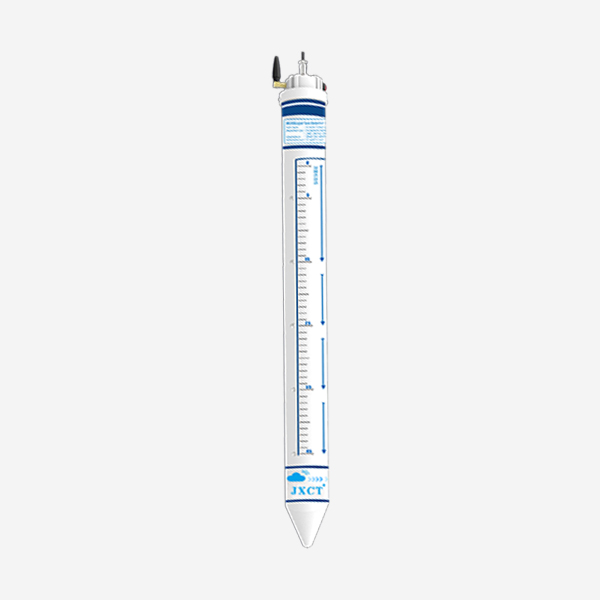Soil Sensors For Agriculture

Soil sensors for agriculture are revolutionizing the agricultural industry and changing the way farmers grow crops. This technology is helping farmers in several ways, including optimizing crop growth, reducing water and fertilizer usage, and improving overall crop yields. In this article, we will explore the various ways that soil sensors are changing agricultural technology and discuss their impact on the industry.
The Role of Soil Sensors in Agriculture
Soil sensors are devices that are used to measure different characteristics of soil, such as soil temperature, moisture content, and nutrient levels. These sensors are typically placed at different depths in the soil and can provide real-time data that can be used to optimize crop growth and reduce the usage of resources.
One of the key advantages of soil sensors is that they provide farmers with a more comprehensive picture of the growing conditions within their fields. By monitoring soil conditions at different depths and locations, farmers can identify areas where crops are not growing as well and make adjustments to improve growth through targeted irrigation and fertilization.
Optimizing Crop Growth
One of the primary benefits of soil sensors is their ability to optimize crop growth. By monitoring soil moisture and nutrient levels, farmers can ensure that crops are receiving the proper amount of water and fertilizer. This reduces the risk of overwatering, which can lead to nutrient leaching and soil erosion, and under-fertilizing, which can limit crop yield.

Soil sensors can also identify areas within a field that may be more suitable for certain crops. By analyzing the soil pH and nutrient levels, farmers can tailor their crop selection to specific areas of the field, resulting in higher yields and better crop quality.
Reducing Water Usage
Another important benefit of soil sensors is their ability to reduce water usage. Water is one of the most critical resources in agriculture, and using it efficiently is essential for sustainability. Soil sensors can help farmers reduce water usage by providing real-time data on soil moisture levels. This information can be used to automate irrigation systems, ensuring that crops are receiving the right amount of water at the right time.
Improving Overall Crop Yields
By optimizing crop growth and reducing water and fertilizer usage, soil sensors are improving overall crop yields. With better soil monitoring, farmers can identify areas where crops are not growing as well and make the necessary adjustments to improve growth. This results in higher crop yields and better quality crops.
The Future of Soil Sensors for Agriculture
Soil sensors are still a relatively new technology in agriculture, but their potential is already evident. With further development and refinement, soil sensors have the potential to become an essential tool for farmers, providing them with the information they need to grow crops efficiently and sustainably.

As the technology advances, soil sensors will become more affordable and accessible for small and medium-sized farmers. This will democratize access to real-time soil data and allow farmers to make more informed decisions about crop management.
Furthermore, soil sensors will become more integrated into other agricultural technologies, such as precision farming. These technologies will work together to optimize crop growth across entire fields, reducing waste and maximizing yields.
Conclusion
Soil sensors are changing the way that farmers grow crops and revolutionizing the agricultural industry. By optimizing crop growth, reducing water and fertilizer usage, and improving overall crop yields, soil sensors are helping farmers operate more sustainably and efficiently. As the technology continues to develop, soil sensors will become an indispensable tool for farmers, enabling them to grow crops more efficiently and sustainably.